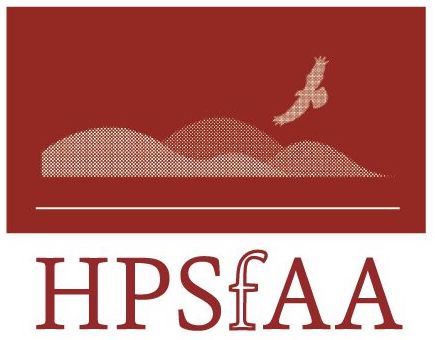  
 
The High Plains Society for Applied Anthropology |
|
Genome: Moral Choices and the Polity
Thomas Fitzgerald
The Human Genome Project, now funded and coordinated by the Department of Energy and National Institutes of Health to identify the entire structure of human genetics, has recognized that in addition to long-range scientific challenges posed by its research, ethical, legal, and social consequences follow from application of the resulting information. The Project therefore raises serious questions for the people of this country, both as individuals and as members of political entities. HGP and its associated institutions, however, have given relatively little attention to the procedures and settings by which those questions may be deliberated and possibly resolved. That in turn ought to raise other issues: about a growing occlusion of citizen participation in forums which involve professional and technological expertise, about the erosion of foundations upon which moral and ethical issues can be decided, and about the crowding out by scientific orientations of other legitimate forms of knowledge, understanding, and representation. This very large Project can become the occasion for a significant--and divisive--reprise of debates about the wider implications of biological naturalism, such as were heard about Darwinism over a hundred years ago.
High Plains Applied Anthropologist No. 1, Vol. 17, Spring, 1997 pp 7 – 18<Get PDF>
Back To List of Previous Issues